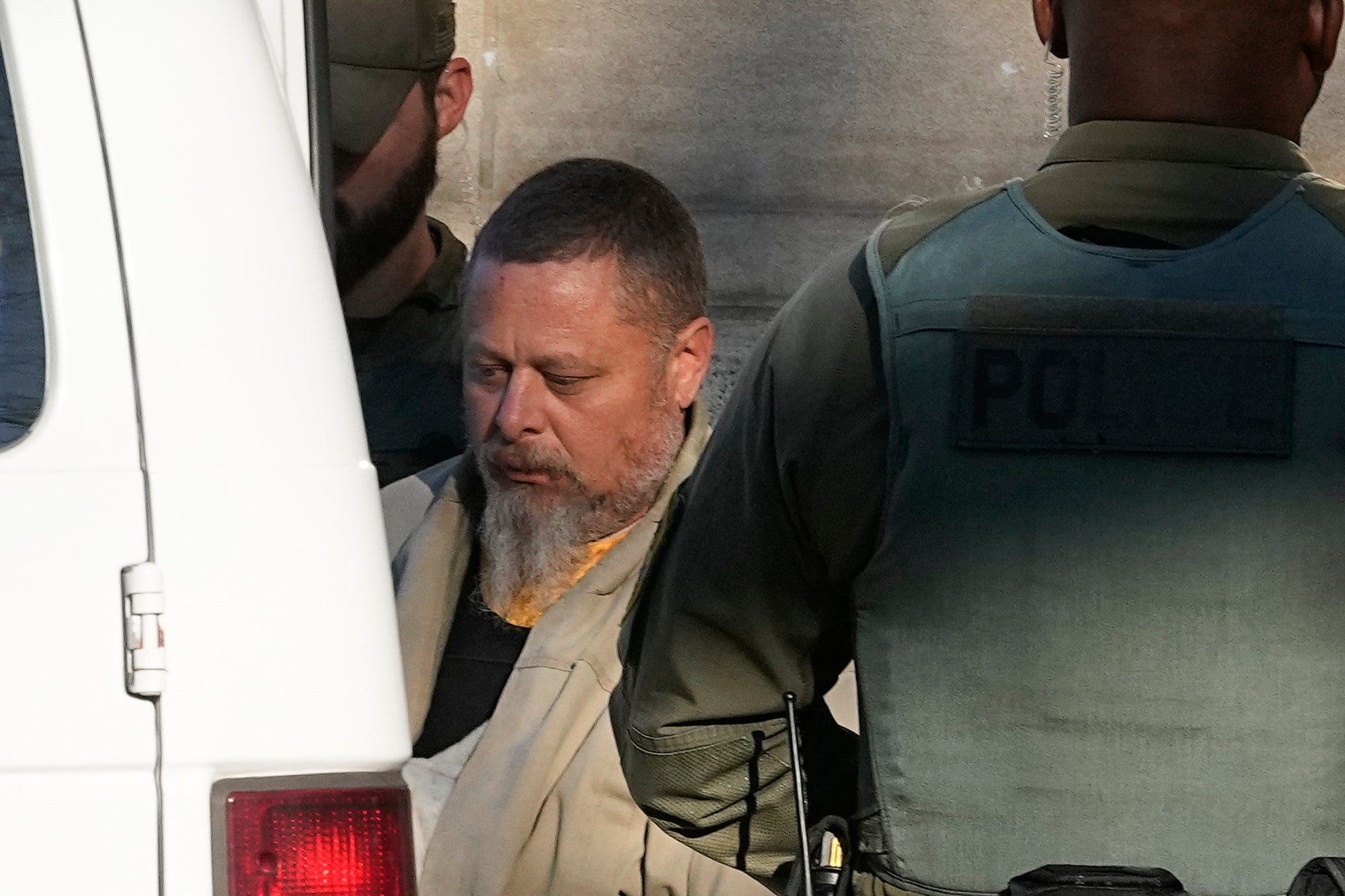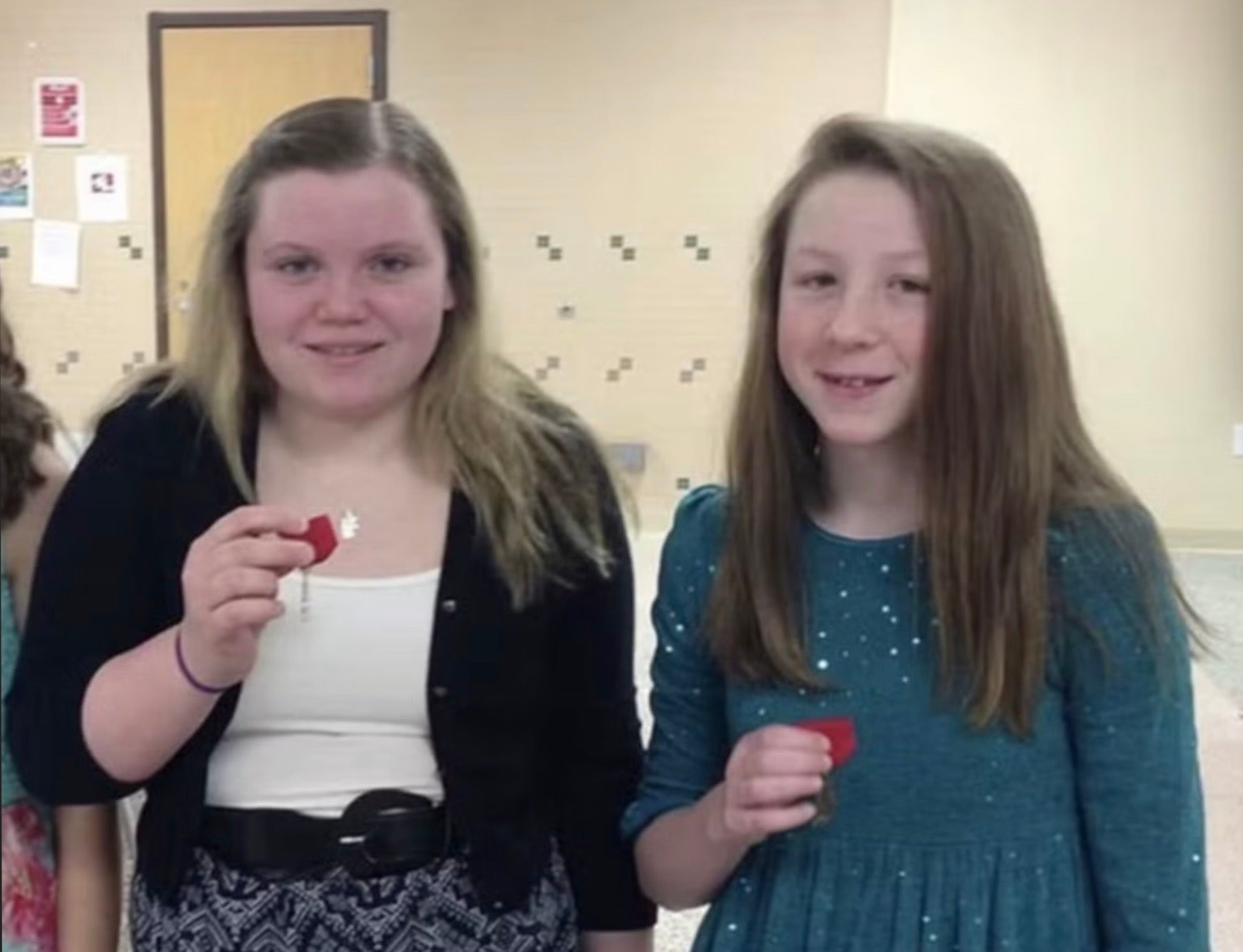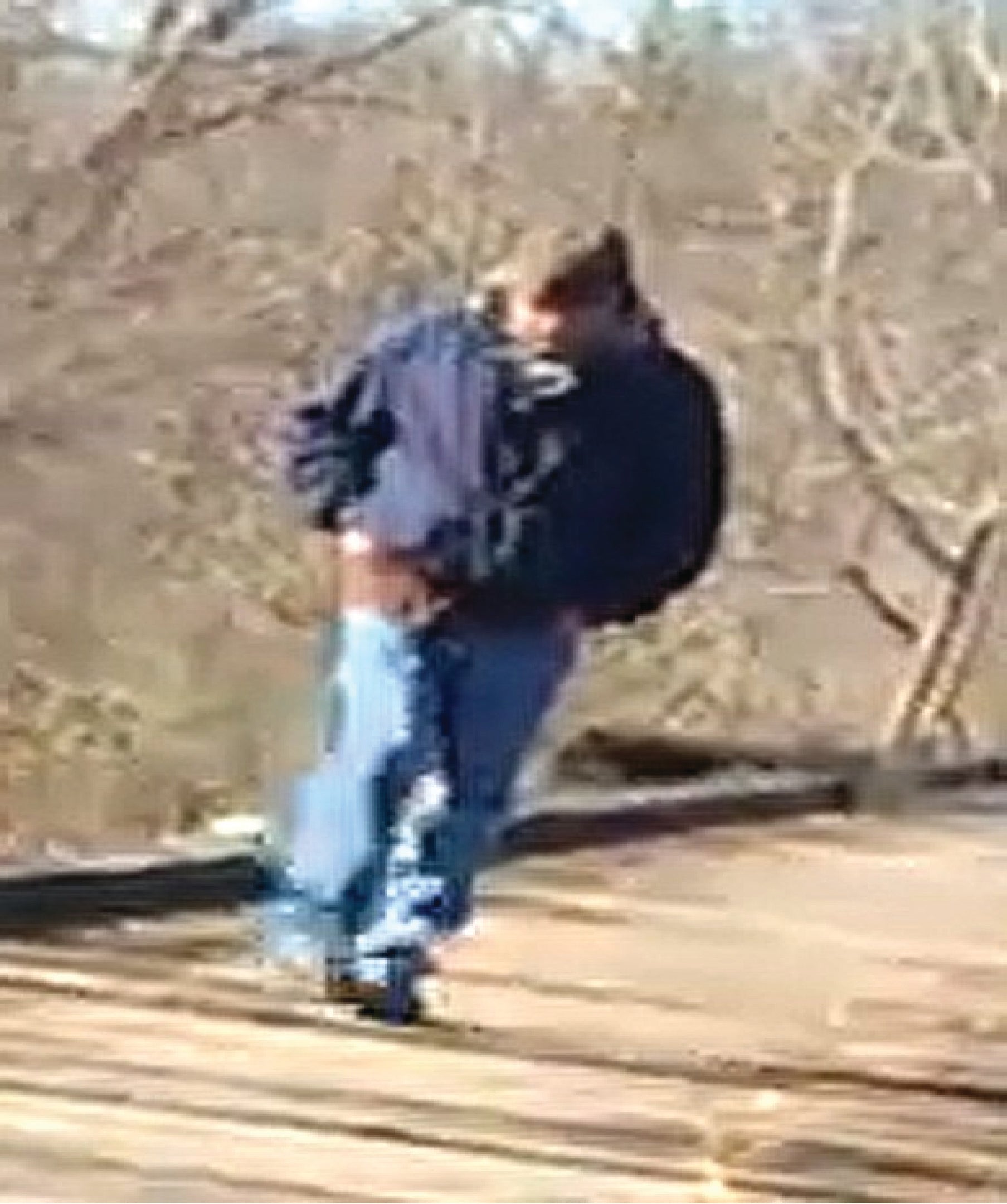Delphi murders suspect’s chilling comments to police when they finally turned up at his door
Carroll County Sheriff Tony Liggett testified that Richard Allen had been ‘hiding in plain sight’
Just three days after the Delphi murders, suspect Richard Allen came forward to police and admitted to being on the trail on the day that the two teenage girls were killed.
But his tip “fell in the cracks,” leaving him “hiding in plain sight” for years, an Indiana court has heard.
Allen, 52, is on trial in Carroll County, Indiana, charged with the murders of Libby German, 14, and Abby Williams, 13.
The best friends were killed while walking along the Monon High Bridge Trail in the small town of Delphi on February 13, 2017.
It would take five years to make an arrest in the case with Allen, a local resident, finally charged in the case in October 2022. He has pleaded not guilty.
During trial testimony last week, Carroll County Sheriff Tony Liggett admitted that the tip sheet generated about Allen after he came forward had been marked “clear” all that time, Fox 59 reported.
Just weeks before Allen’s 2022 arrest, Kathy Shank, a volunteer file clerk tasked with organizing the tips in the case, had come across a file folder that was not with the others, she testified onThursday.

It stated that a “Richard Allen Whiteman” had self-reported being on the trails between 1.30pm and 3.30pm on the day of the murders and reported seeing the girls.
Noting that Allen lived on Whiteman Drive, she changed the name to Richard Allen, believing that the names were transposed and it was misfiled. She then alerted Sheriff Liggett.
Liggett acknowledged Shank’s testimony and when asked by defense attorney Andrew Baldwin how this could have happened, he told the court that Allen “got lost” and “fell in the cracks” of the investigation.
“He was hiding in plain sight,” Liggett conceded, stating that Allen was never considered a suspect from 2017 to 2022.
When Allen was arrested in 2022, Liggett was running for sheriff, the defense pointed out, noting that it was good timing for his campaign. But Liggett denied that the two were connected.
“This was about the murders of two little girls,” he said.

Indiana State Police investigator Jerry Holeman also testified in the high-profile trial, and agreed with the defense that mistakes were made during the initial investigation, Fox 59 reported.
After the misplaced tip on Allen was found, a search as carried out on his home.
Holeman recalled a conversation he had with Allen during the search – and shortly before his arrest.
Even though Allen was considered a suspect at that time, Holeman admitted he did not record the conversation, while the pair sat in a police car.
Holeman testified that he told Allen that once the search was done, he could file a claim for any damage to his house.
But Allen told him: “It doesn’t matter. It’s over.”
Holeman also revealed, for the first time, that investigators believe Allen “may have heard somebody” who interrupted his alleged attack on the girls on the trail, Fox 59 reported.
Holeman told the court that he told Allen during an interview, “you realize the death penalty is on the table,” to which Allen responded: “I don’t care. Kill me. I want to die anyway.”
That’s when he decided to arrest Allen, he testified.

Investigators seized a .40-caliber pistol during a search of Allen’s home and prosecutors disclosed in court documents released several weeks after his arrest that testing determined that an unspent bullet found between the girls’ bodies “had been cycled through” the pistol.
Prosecutors also allege that Allen is the man known as “Bridge guy” seen in footage captured on Libby’s cellphone.
However, Dr Roland Kohr, the pathologist who conducted the autopsies, said both girls died of deep lacerations to their necks. There were no signs of sexual assault injury.
Allen is charged with two counts of murder as well as two additional counts of murder while committing or attempting to commit kidnapping.
A jury of seven women and five men will decide his fate. They’re being sequestered for what could be a month-long trial, banned from watching the news and allowed only limited use of their phones to call relatives while monitored.
Bookmark popover
Removed from bookmarks